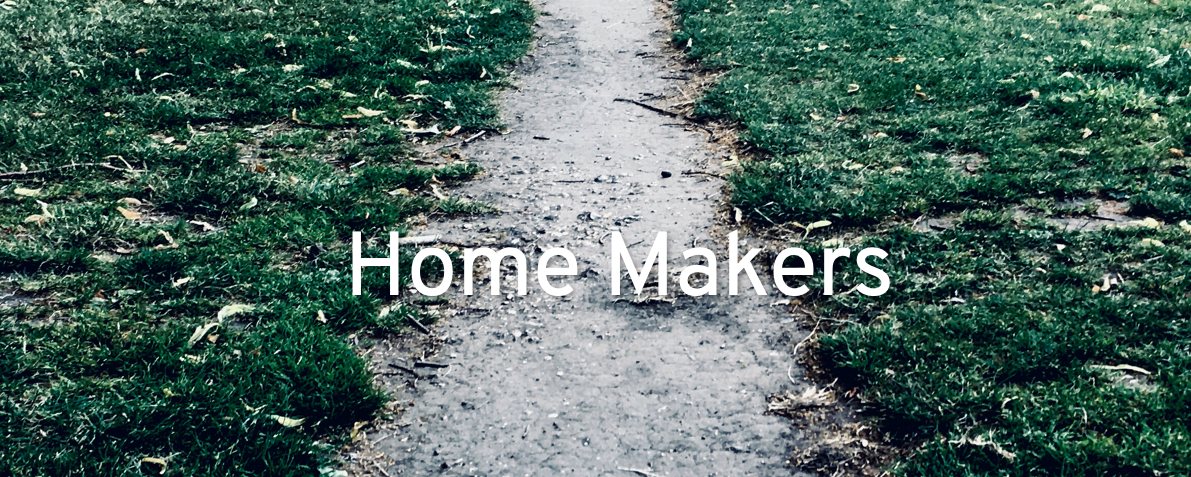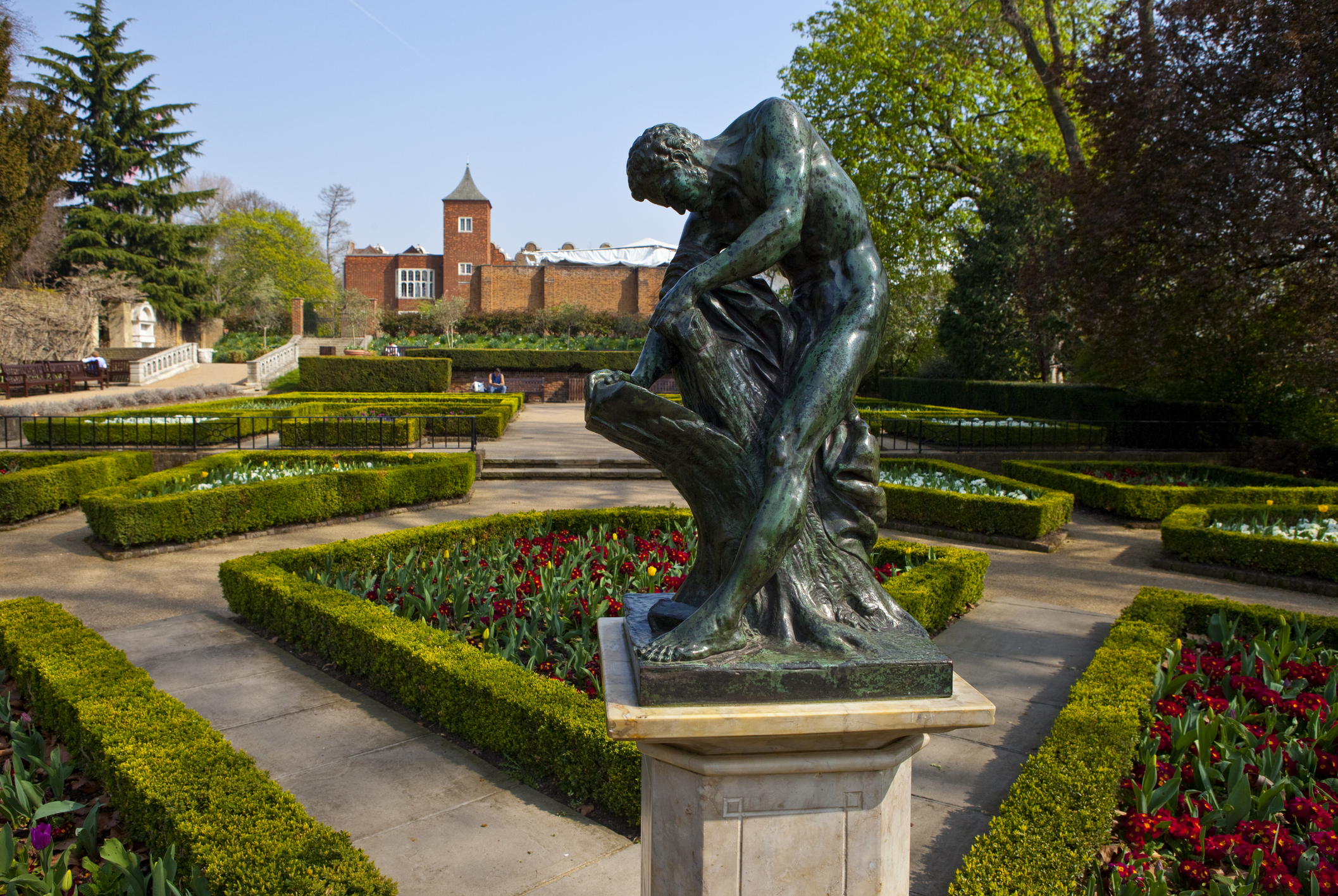
‘Home Maker Sounds’ is a collection of soundwalks recorded and co-edited with migrant domestic workers in the UK and Lebanon. Each soundwalk can be listened to following simple prompts, or in the location where it was recorded, chosen by each speaker for its personal significance.
The experiences you will hear about range from delivering supplies to COVID-positive domestic workers, to collective activism, to defying and escaping abusive employers, to reconciling faith and homophobia.
The website hosts transcripts, further resources and more information about the process of collaboration.
‘not nothing’, the example piece above, was made by Ann, who migrated from the Philippines to work as a housekeeper in Qatar, and later escaped from abusive employers while in London. The soundwalk can be distressing to listen to, as it explores family separation and labour abuse.
Listen in Holland Park, London, or in any space where children play.
You can hear more soundwalks recorded and edited by migrant domestic workers at homemakersounds.org.
not nothing
CC-BY-NC: Ella Parry-Davies
|
APA style reference
Related

Home Makers: go for a walk with sounds made by migrant domestic workers
Home Maker Sounds is a collection of soundwalks recorded and co-edited with migrant domestic workers in the UK and Lebanon. The soundwalks aim to amplify the voices of often silenced or mis-represented women, who labour and live ‘behind closed doors’. On this walk in Holland Park, you’ll hear from soundwalk maker Ann, who remembers the


2 thoughts on “Home Maker Sounds”